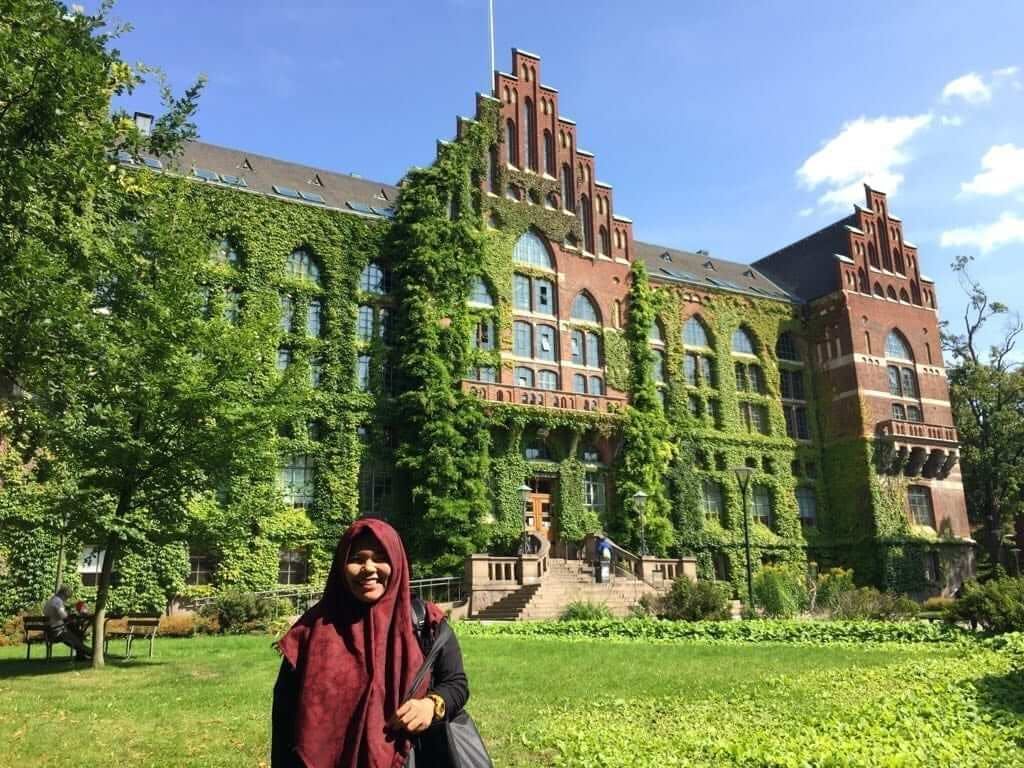3 Things I've Learnt About Higher Education in MENA

I joined Unibuddy and its mission to help students make better decisions through shared human experience. As professionals working in Higher Education, we all have a strong connection with the well-being of each student and providing them with the best possible tools to help them succeed in life.
Growing up in Germany with Kurdish parents that did not go to university, I had little to no knowledge about what or where I wanted to study. On one hand, my traditional parents wanted me to study subjects such as Medicine, Law, or Engineering (classic Middle-Easterns!) but on the other hand, there were many new industries and careers that were booming!
It was fair to say, I felt lost and confused. It was not until I was able to attend open days and speak to students who had similar concerns and interests that reassured me and answered my question regarding the university life, course subjects, and living situations that I made my mind up to study Geography at King’s College London. It was the perfect match for me (sorry Mum).
Since then, I’ve always had a passion for helping students make the right choices when it comes to their education. Working closely with institutions in MENA and sharing the power of peer recruitment, here are three things I’ve learned about Higher Education in the region.
Universities in the Middle-East are always looking ahead
As the education sector in the Middle East is growing rapidly, so is the range of new technologies used to recruit, teach and provide value to each student. One great example is the range of channels used by marketing teams to communicate with students.
Universities are realizing that emails don’t provide the same impact they used to. Those aged 13 to 24 are spending less time than ever using email apps – they spend almost 8 times more time on messaging apps.
Another example is institutions understanding how to use their strongest marketing tool, their current students. Many institutions in the region are allowing students to post on their social media channels, publish blogs/vlogs and testimonials. Gen Z loves authentic content created by people like them and institutions in MENA are realizing this.
They are adaptive and versatile
Institutions across the globe had to adjust and reform their strategies and methodologies during the COVID outbreak. MENA was no exception. I have had many conversations with Universities across MENA and I was amazed at how swiftly digital solutions were adapted to combat not just recruitment but also remote learning.
What is amazing is that the region recognizes that times are changing, students are more mobile and COVID opened the eyes of many in regards to the future of digital learning and recruitment. It is fair to say that many of the technologies that had been adopted including virtual events/fairs, digital learning, and peer-to-peer programs are here to stay and will become a fundamental part of the region’s strategy.
They are growing, rapidly
MENA is arguably the fastest growing education hub in the world right now. New institutions are opening every year providing domestic and international students with high-quality learning opportunities and career prospects within the region. It is fair to say one struggle many countries in MENA have had in recent years was the ever-increasing education gap since many bright individuals would often leave the region to work elsewhere.
It comes therefore as no surprise that regional educational initiatives not only aim to leverage the potential of the region’s youthful population – but they also aim to prepare an entire generation of professionals with deep technological skills, essentially bridging the gap between existing skill sets and those that employers require in the future.
The future is bright for Higher Education in the MENA region, and the versatility, speed of growth, and willingness to adapt and transform are key factors in that. It’s a delight to work with our partners and universities across the Middle East.


